DISCOVER TURKEY ?
Turkey at a Glance

| What is the official name of the country? | Republic of Turkey |
| What is the capital? | Ankara |
| What is the political system? | Democratic, secular, social law state founded in 1923 |
| What is the form of government? | Unitary presidential constitutional republic |
| What is the official language? | Turkish |
| What is the population? | 82 million |
| How is the international relations? | Turkey is a part of the Council of Europe, NATO, OECD, AGIT and G-20. Turkey have been in Customs Union since 1995 and the negotiations on the full memberships of Turkey to EU are in progress. |
| What is the currency? | Turkish Lira |
| What is the time zone? | UTC +3 |
| How is the climate? | Turkey is within the mild temperature zone. The coastal areas have a temperate Mediterranean climate with hot, dry summers and mild to cool, wet winters while the inland Anatolia plateau and eastern parts have a dryer climate with hot summers and cold winters. |
| What is the calling code? | +90 |
| What is the internet top- level domain? | .tr |
| What are the Long-Term Evaluation bands? | 2G Capabilities are GSM 900 and GSM 1800; 3G Capabilities are UMTS 2100; 4G Capabilities are LTE 800, LTE 900, LTE 1800, LTE 2100, LTE 2600. (Please check if your mobile phone support these bands) |
| How is the driving direction? | Right-hand lane |
| What is the standard voltage and the frequency? | Turkey operates on 220 volts, 50 Hz, with round-prong European-style plugs that fit into recessed wall sockets /points. |
Culture
Turkish Life Style
Turkey is a bridge between Asia and Europe, not only in terms of geographical location but also in cultural, social and political aspects. Due to this unique position in the country’s territory spread across Anatolia (Asia) and Thrace (Europe), many great civilizations have risen throughout history, and these civilizations have been a home to cultural and ethnic wealth and diversity. Many things in Turkey contain a mixture of the West and the East, the old and the new, the traditional and the modern. When you visit even the smallest city in Turkey no matter how little its population is, you will find that different cultural elements, traditions, beliefs, languages or dialects live.
Many religious, ethnic and cultural origins of human lives on territories of Turkey that were home to many communities and empires that left traces and and are located on migration and trade routes. Perhaps as a result of this diversity, people in Turkey are harmonious, friendly, hospitable and helpful.
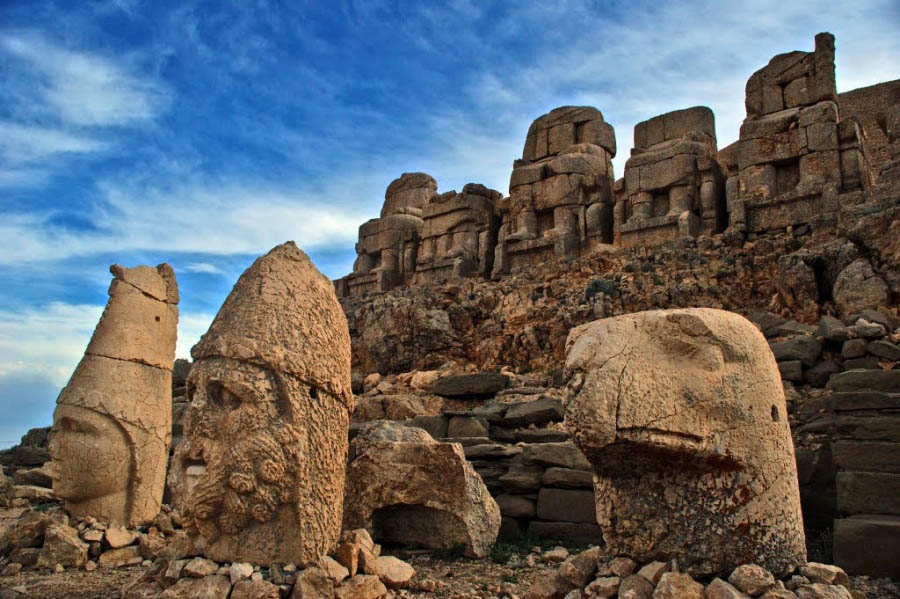
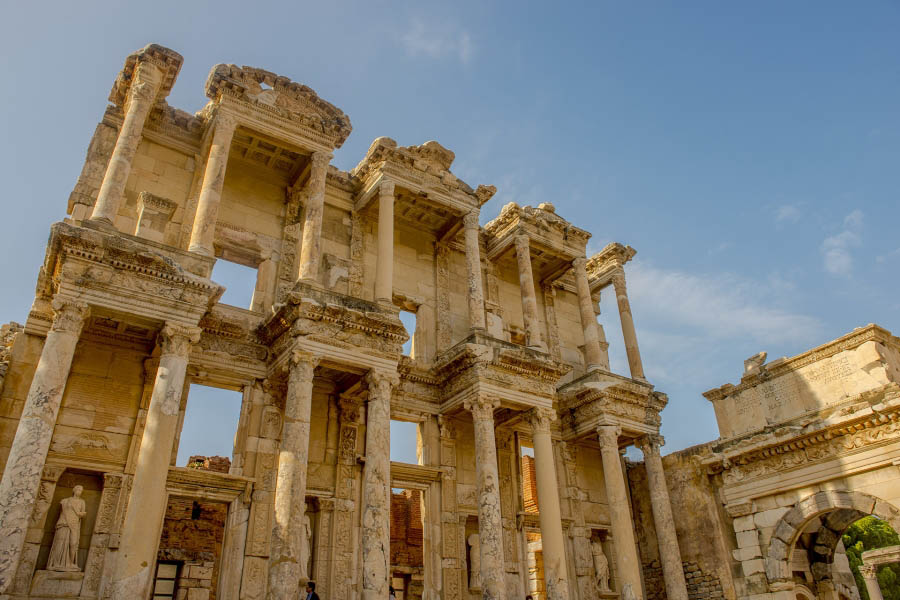
Charity
Among the first impressions of most international students about Turkey is that people are helpful and friendly. In Turkey, in a situation where you need help, it is not difficult to communicate even with a person who does not speak a foreign language. In a difficult situation you may ask for help around. Even yet you can reach a helping hand on the street without asking.
Many universities in Turkey constitute teams that local students work voluntarily to support adaptation process of new international students. Be sure that these volunteers who will be your friend during the semester will give you priceless tips about life in your new university and your city.
Hospitality
In Turkish society, family, friends, neighbor visits are common. You can go to a close friend and relatives as a boarding guest. Guest is almost sacred for Turkish people, and people do everything they can to make the guest entertained and relaxed. When you are a guest of a traditional Turkish family, first they will feed you with incessant meals or snacks, they will insist you stay longer and will even want to give you their own rooms / beds to make sure you are comfortable if you are staying.
In Turkish society, there is also a common sympathy for students. If you are living away from your family as a young student or employee, one evening your neighbor may want to serve you food by knocking on your door. When you’re finished with salt in the kitchen, don’t hesitate to ask your dorm roommate or your next door neighbor.
Turkey, which opened its doors to millions of refugees who had to leave their country because of the war, shows the best of Turkish hospitality.
Presenting Gifts
Turks love to share and present gifts. Innovations are often celebrated by giving and receiving gifts. For example, when your friend moves to a new house or you are a first-time guest in a home, when a new baby is born a gift is given. As a student from a different country, you will have acquainting people who want to offer you gifts. It may hurt people if you do not accept a gift or a treat offered at the house you are visiting.
Treating (İkram) Tradition
Treat (İkram) is a difficult concept to translate into other languages. Treating is a way to welcome the guest and is a presentation in a short-term seeing or meeting place. As a gift, treat is also offered free of charge, but it does not require an affinity in the established relationship and is of a smaller scale. For example, in restaurants or in an institution you visit as a guest, treat is offered. You will soon observe that one of the most common treats is tea. Turks love to drink and offer tea.
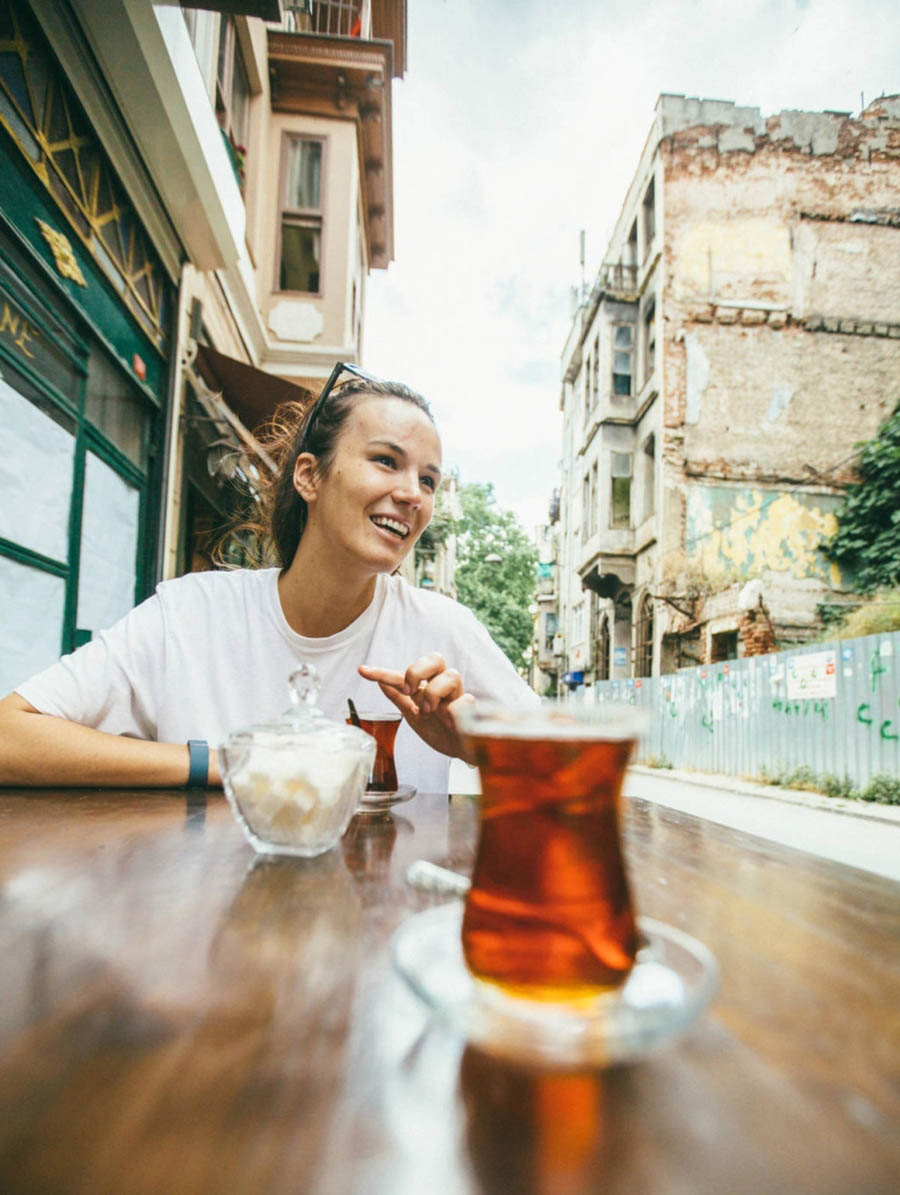
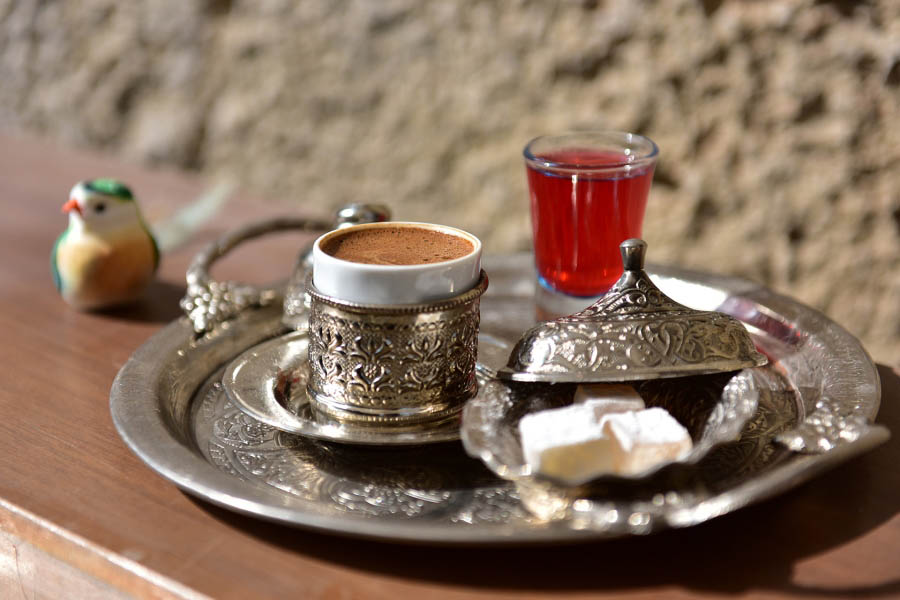
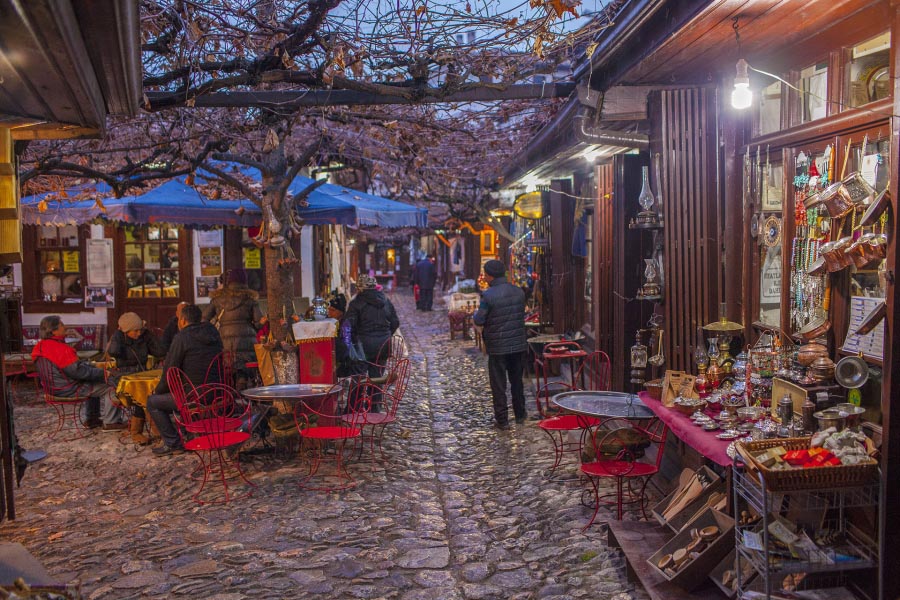
Cozy People
It is common interest and curiosity towards foreigners in Turkey. People do not hesitate to communicate with new people and can be intimate with them in a short time. As the new resident of your city, university or home, there will be ones who want to meet and talk to you.
Compared to many other communities, you will notice that verbal communication in Turkey is quite “noisy”. When you see someone who starts to comment or laugh suddenly, don’t bother. This is not an argument or a conflict, but an indication that there is a party that is excited in conversations. Also, when you see those who are chatting or are kidding with each other contact physically, don’t find strange – physical contact is often part of the interaction.
Strong Family and Friendship Ties
Whether it is for solidarity or courtesy, it is common for Turkish society to share dishes, clothes, emotions, secrets. People do not prefer to be alone in many ways, and in this sense, family and friendship relations are vital. If you ask anyone in Turkey, regardless of age, gender, social position, you will get an answer that he/she has a close friend from neighborhood or school, especially from the university.
Friends sometimes get ahead of their family members in terms of the familiarity and depth of sharing. Unlike “arkadaş” (friend) in Turkish, the concept of “dost” (very close friend) refers to this. If you decide to study in Turkey, yo do not only get a diploma, you can get lifelong friendships that give but also trust and tranquility.

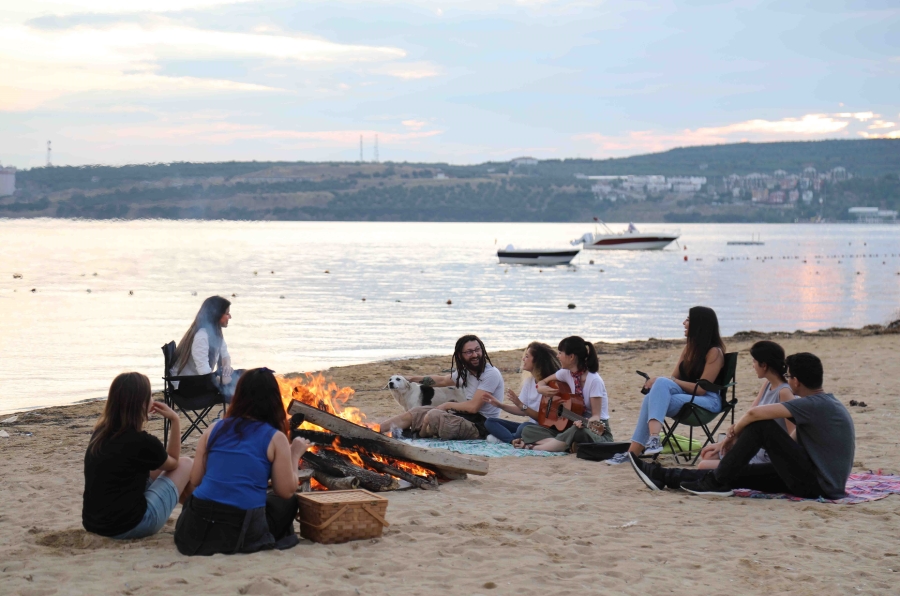
Religious Holidays and Public Holidays
While Turkey is a secular state, people also care about religious holidays and are careful to come together with the family. Below you can see a list of national and religious holidays and public holidays celebrated in the country.
New Year: January 1st
National Sovereignty and Children’s Day: April 23rd
Labor and Solidarity Day: May 1st
Atatürk Commemoration, Youth and Sports Day: May 19th
Democracy Day: July 15th
Victory Day: August 30th
Republic Day: October 29th
Ramadan Feast: Changes Yearly
Sacrifice Feast: Changes Yearly
Climate
Geography
In Turkey, one of the major determinants of social, economic, cultural and political life is the location of the country on the world map. The country is located at the point where Asia and the European mainland meet and is unique as of this location. Turkey is located at the intersection of the Balkans, the Caucasus, the Middle East and the Mediterranean basin. As a result of this location, for example, it is possible to fly to all of the following countries from Istanbul in periods below 4 hours: Finland, Morocco, Spain, United Arab Emirates, Egypt, Russia, Turkmenistan, England. It is important to note that Turkish Airlines is the airline with having direct flights to world’s most destinations !
Meeting Point of Europe and Asia
Turkey is quite large in terms of surface area. Actually, Turkey is the largest country on the European continent entire area. The distance between the east and west ends of the country is more than 2000 kilometers. A large part of the territory of Turkey is located on the Asian continent and is called Anatolia/Asia Minor. The relatively small section on the European continent is called Thrace. Anatolia and Thrace lands close to each other in the straits of Çanakkale and İstanbul. These two continents are connected by road through 3 bridges in Istanbul. If you think you are a good swimmer, you can join and have a unique experience. Intercontinental Swimming Race held annually by National Olympic Committee of Turkey.
Turkey is bordered by Black Sea to its north, Georgia and Armenia to its northeast, Azerbaijan and Iran to its east, Iraq and Syria to its southeast, Mediterranean and Aegean Sea to its south and southwest, Greece and Bulgaria to its northwest. In this respect, Turkey is located on a rectangular peninsula, as it is seen on the map.

Unique Nature
Turkey is a peninsula surrounded by the sea in the north, west and south. However, the geography of Turkey is mostly mountainous and has an average altitude of 1132 meters. Also, geography of Turkey is adorned with countless rivers and lakes. Van Lake, which is almost an inland sea, Kızılırmak which is the longest river in the country, and the ancient rivers Fırat and Dicle are the main ones. Every year, millions of local and foreign tourists flock to Turkey to see these wonders of nature.
Four Seasons Turkey
Turkey is a country where different climates can be seen as a result of both geographical location and its distinctive geographical characteristics. Since the country is surrounded by sea on three sides and most of its surface area is rough and mountainous, there are serious climate differences between inland and coastal regions. In western and southern coastal regions, Mediterranean climate is dominant and in winter rainfall in these regions is quite low. However, in regions with high altitudes, rather cold winter seasons are experienced compared to other Mediterranean countries.
Following table shows the average temperatures of some provinces by months. Remember, Celsius (° C) is used as temperature measurement unit in Turkey. In addition, it is worth remembering that the academic year in universities in Turkey is two periods, the autumn period is mostly between September and January, and the spring period is between February and June!
Average Temperature |
Winter |
Spring |
Summer |
Autumn |
|---|---|---|---|---|
İstanbul |
6,8 |
12,1 |
23 |
15,8 |
Ankara |
1,4 |
11 |
22,3 |
12,9 |
İzmir |
9,5 |
16 |
27 |
18,8 |
Antalya |
10,8 |
16,5 |
27,3 |
20,3 |
Trabzon |
8 |
12 |
22,3 |
16,6 |
Erzurum |
-7,6 |
4,5 |
17,9 |
7,9 |
Gaziantep |
4 |
13,3 |
26,4 |
16,1 |
Bursa |
6,3 |
12,9 |
23,6 |
15,5 |
Eskişehir |
1 |
10 |
20,6 |
11,8 |
Konya |
1 |
10,8 |
22,2 |
12,4 |
Samsun |
7,7 |
11,6 |
22,4 |
16,2 |
So, what do all these temperatures mean to you as an international student? Maybe a big suitcase full of clothes and accessories that fit every climatic condition… But it is important to remember that Turkey is one of the world’s leading countries especially in textiles and offers affordable shopping options .
All this geographical and climatic diversity allows for numerous alternatives that cannot be easily seen in other countries such as agricultural production, sporting activities and tourism. Within the time you spend in Turkey, besides having quality education, you can swim in world famous Cleopatra Beach, enjoy rock climbing in Niğde Aladağlar National Park which hosts professional climbers from all over the world and you can experience the excitement of rafting in Artvin Çoruh River!
In addition, Turkey is the world leader in hazelnut, cherry, fig and apricot cultivation and among top five in cultivation of watermelon, pistachio, walnut, olive, tea. Be sure, you will not be the first person to be surprised when you visit a large supermarket’s fruit-vegetable department or a street market with a variety of products!

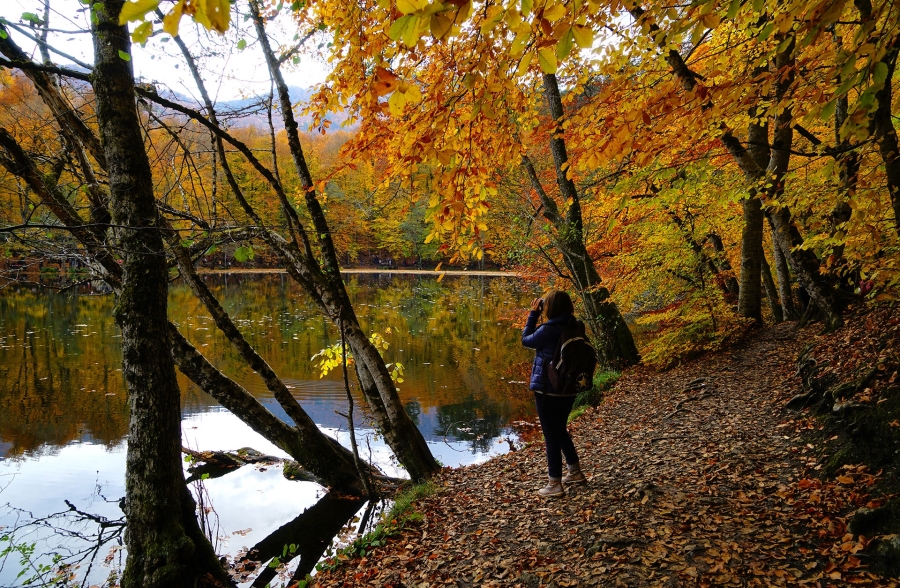
Food Culture
In Turkish society, daily life is shaped around meals and long meal time. Center of house life is kitchen. Even in big cities, families often prefer to dine together and at home. Especially after the guests are welcomed, the table is not cleared immediately. People have long conversations, listen to music and have fun.
Turkish cuisine is world famous with its rich ingredients and dishes made with intensive labor. You can taste these unique flavors in restaurants or in a house where you are a guest. Cooking at home is very common. You can buy fresh food from grocery stores, supermarkets or bazaars established on certain days.

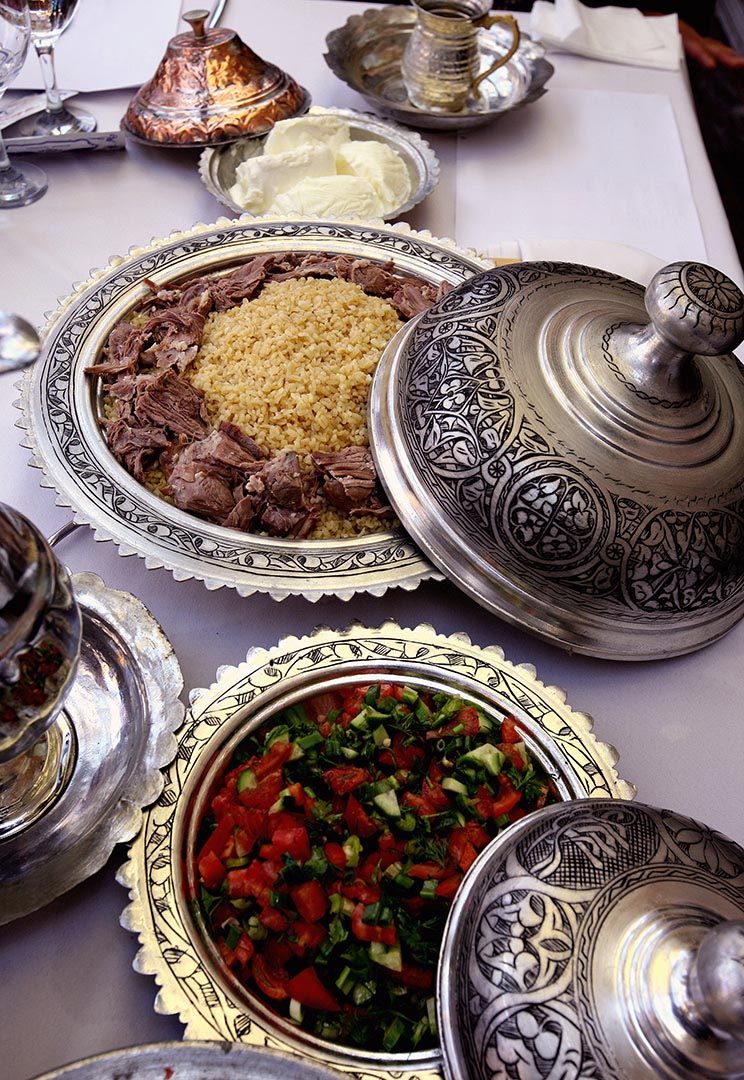
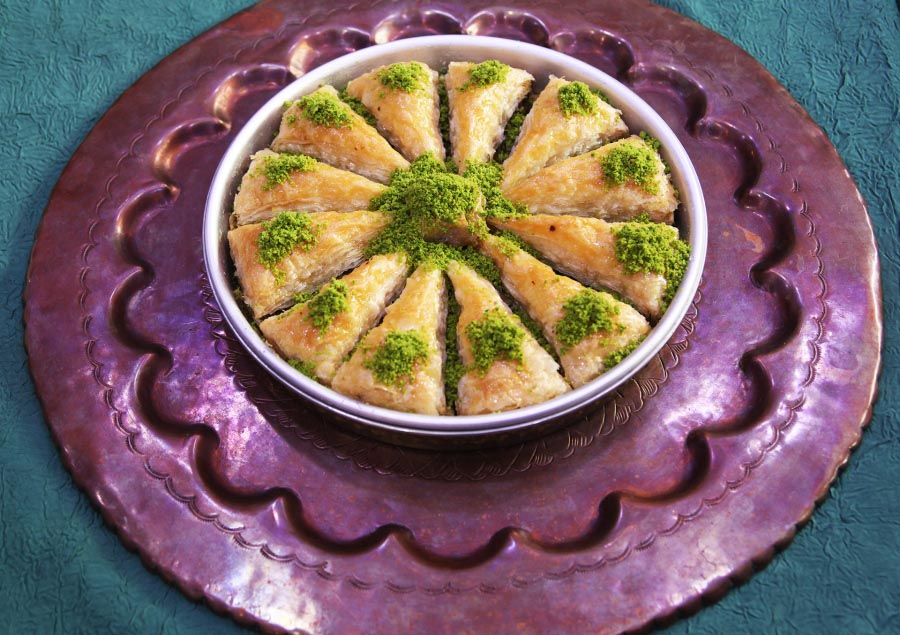
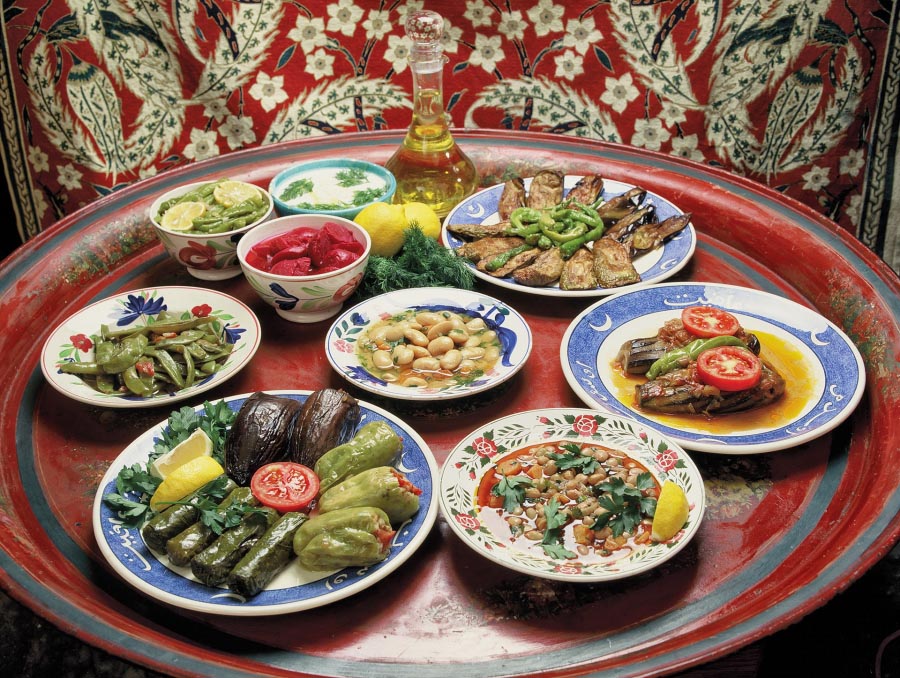
Dining Out
Although it is common to eat at home in Turkey, there are varied and satisfying choices from traditional dishes to simple sandwiches to have your meal. Restaurants and cafés serving red/white meat and seafood dishes and vegetarian alternatives are easily found in all major cities.
A variety of snacks and appetizers are offered before the meal you ordered in the restaurants. Decide on your order by considering the treats. Remember! Refreshments and water served in the jug are free; the bottle of water is chargeable!
Turkish breakfast
Unlike many cultures, Turkish breakfast is a real meal and should not be skipped as recommended by mothers! Pastries such as bagels, pancakes and pastry are indispensable for a quick breakfast. Don’t be surprised if you see a long, enjoyable breakfast table with: cheese, olives, eggs, tomatoes, cucumbers, sausage, pies, pancakes, jams, honey and of course tea.
Student-friendly meals
Here are quick and affordable options for dining out: (with visuals)
Döner kebab In the window of many kebab restaurants in the city you will see a steep axis of meat rolled and cooked. That is döner kebab which is a Turkish special. Advantage of döner kebab for students is that it can be consumed inside bread.
Mantı (Turkish ravioli) Mantı, similar of which may be found in different countries, is a meal including dough particles prepared by ground meat. It is usually served with yoghurt and tomato paste.
Soup: In Turkey, you will see that soup of everything is cooked. In soups which are mostly vegetarian, juicy, various vegetables and pulses are used. Soups, which are also succulent types, are ideal for a light lunch or dinner that a student may prefer.
Dried beans and rice: It is indispensable for the menus of the university cafeterias and restaurants that serve home cooking. Rice is made from bulgur or rice and is often served alongside juicy dishes. It is said that when dried beans are eaten together with rice, nutritional value is increasing in times!
Börek, gözleme, poğaça (Pies, pancake, donut) Pastries are the basic foods that will save you in breakfasts and snacks. You can find many different varieties in university canteens, bakeries and some restaurants: with vegetables, meat, cheese…
University Cafeterias and Canteens
Many universities have a cafeteria where 2 or 3 daily meals are served to students. The price of dishes you can choose as table d’hote or à la carte is very affordable because they are subsidized by the state. In many universities, it is also possible to find canteens, restaurants and cafes other than central dining hall (or cafeteria).
You should not miss the following dishes in your dining room menu. These are the flavors you will not want to leave Turkey without tasting.
– Karnıyarık (Aubergine Eggplant Meal)
– İmambayıldı (Roasted Stuffed Eggplant)
– Tas kebabı (Persian Lamb and Vegetable Stew)
– Yaprak sarma (Staffed Grape Leaves)
– Kebap
– Baklava
– Kazandibi (Milk Baked pudding)
Tips for Students
Being a university student is not just about lessons, visas and finals! Thanks to its cultural and social diversity, Turkey is a country that promises students a wide range of non-school activities. Here are some of these possibilities:
Student Clubs and Activities
Each university has student clubs where students share various interests and organize events. This is sometimes an astronomical community that follows the eclipse of the sun, and sometimes it is a photography community that travels every one of the streets in the city. You can be a member of an archaeological community that organizes tours to countless archaeological sites in Turkey, and you can show off your hidden talents by entering a jazz community. Or you can enjoy a gastronomic community to explore not tastes of Turkey not at hand. If you are a cinema enthusiast, you may have a group that will follow classics of World and Turkish cinema and today’s movies. If you’re a notorious Harry Potter fan, you might even be able to play Quidditch. Just ask and be a participant!
Cinema and Theater
The number of cinema halls in Turkey is increasing every day. Some of the cinemas are located in the city centre, while others are in the shopping malls. Cinemas mostly shows popular movies and almost every film is shown almost simultaneously in Turkey and the world. Other than vision films, there are also relatively small halls where alternative films are shown. Movies are usually displayed in original language and with Turkish subtitles.
Various cities in Turkey host major film festivals throughout the year. Antalya Golden Orange Film Festival, Istanbul Film Festival, Adana Golden Boll Film Festival, Ankara Film Festival,! F Independent Films Festival, Mobile Film Festival and Malatya International Film Festival are among prominent ones. In these festivals, films are shown in their original language and are mostly available in both Turkish and English subtitles.
Plays (theater) can be divided into three as state theaters, municipal theaters and plays performed by private theaters. In these performances, plays of both Turkish and World writers meet with the audience. Tickets for popular performances are sold weeks ago. Therefore, make your plans early. Theatrical plays are staged in Turkish.
For both cinema and theater, students have the right to receive discounted tickets. Show your student ID at the box office.
Concerts
If listening to live music is indispensable for you, you’ll find many places where you can listen local groups in the city or listen to concerts of nationwide popular artists. From Pop music to classical Turkish music, from Turkish folk music to hiphop, many different kinds of musical experiences are waiting for you. It would be a good idea to join the music community in your school or make a local friend and get suggestions from her/him.
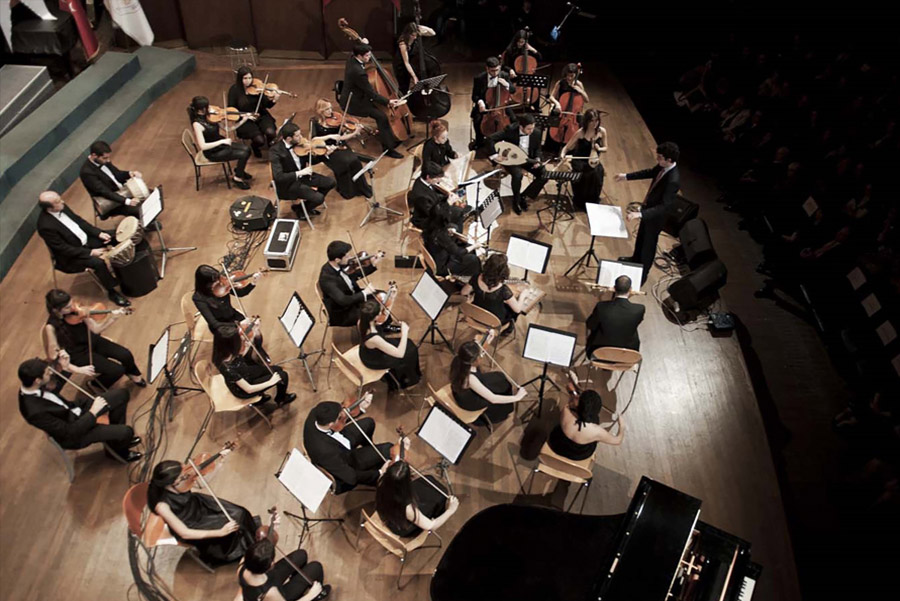

Museums and Historical Sites
Turkey, as a land which hosted countless civilizations and empires throughout history has numerous museums and historical sites. In addition to museums and historical sites in your own city; there are also places that you should definitely see while in Turkey which are of great importance not only for Turkey, also for World civilization. The full list can be found at this address: https://www.muze.gov.tr/en/museums
With Müzekart you can visit all these places at discounted rates!
Sports Events
Turkey is literally a country that is passionate about sports. The most popular sports are football, basketball and volleyball. The matches of these sports in national leagues are highly competitive and enjoyable. Tickets are mostly sold on Internet.If you are not only a viewer but also a sports person, then you can take advantage of sports areas offered by your university free or with a small fee, participate in the tournaments held in the school or enter the school team if you are ambitious.
Shopping Malls
In almost every town in Turkey, it is possible to find a large shopping mall and in these places you can meet all your shopping needs and visit entertainment centers. Shopping malls are particularly crowded before the weekends and festive holidays.
Learning Turkish
With its different dialects, Turkish is spoken in a much more common geography than it is thought in the world. For example, in countries such as Germany, France, Netherlands, Macedonia, Greece in Europe and millions of people in a vast geography in Central Asia speaks Turkish as a native or second language. In addition, according to 2018 data, Turkey’s top export countries are Germany, United Kingdom, Italy, the US, Iraq, Spain, France, Netherlands, Belgium, Israel, Romania, Russia, Poland and China (UAE, Saudi Arabia, Bulgaria , Iran, Greece, Egypt, Algeria).
Thus, learning Turkish is not only a condition that you should meet for your educational life in Turkey, but also an advantage after graduation. Also, no matter what language your academic education in Turkey is, speaking Turkish at a minimum level will greatly facilitate your daily life.
Turkish Proficiency
While the language of instruction in some of the universities in Turkey is English, Turkish is the main language of instruction in most universities. Although Turkish language proficiency is a prerequisite in terms of admission to many academic programs, you can also be admitted to universities without knowing Turkish. After admission to undergraduate or graduate programs at many universities, international students are given the opportunity to attend Turkish preparatory courses. For a reasonable fee, or in some cases, for free you usually get 4-6 hours of language lessons per day at different levels. At the end of the preparatory school, all students take the exam and begin the program at the university where they are admitted in the case of a certain level of language proficiency. Please also check that you are provided with supportive Turkish language courses separately from the preparatory school at the school where you are admitted.
Students who are admitted to a university within the scope of Turkish scholarships that meet the expenses such as university contribution, dorm fee and general health insurance are also able to receive free Turkish education for an academic year. At the end of preparatory class, students are expected to receive Turkish proficiency certificate at level C1. Students who have a C1 certificate continue their university education. Students who fail are entitled to additional time and examination until the beginning of the next academic year.
Yunus Emre Institute (https://www.yee.org.tr/)
You can apply to Yunus Emre Institutes (YEE) to learn Turkish before starting higher education in Turkey and even before arriving in Turkey. YEE, which aims to contribute to international dialogue by introducing Turkish culture, language and art, today serves with a total of 56 centers in 46 different countries. To access YEE and educational-cultural activities in your country: https://www.yee.org.tr/en/corporate/yunus-emre-institute
In addition to teaching Turkish as a foreign language by YEE, Turkish Proficiency Exam (TYS) is also held. TYS is a central exam which is valid for admission of international students to a university in Turkey; applied three times a year in Yunus Emre Institutes in Turkey and abroad simultaneously. First exam of 2019 was applied in 35 countries and more than 100 thousand candidates participated in the exam.
Developed according to Common European Framework Programme, TYS measures competencies of candidates in reading, listening, writing and speaking skills. At present, studies on application of TYS online, which is applied on paper basis, are ongoing.
For detailed information about TYS and the exam schedule: https://www.tys.yee.org.tr/
TÖMER
After arriving in Turkey, you can apply to Turkish and Foreign Languages Application and Research Center (TÖMER) affiliated to Ankara University to learn Turkish. TÖMER has branches in the following cities in Turkey: Alanya, Ankara, Antalya, Bursa, İstanbul and İzmir.
You can register Turkish language courses in Basic, Intermediate and Advanced levels at TÖMER branches in one of these cities for a reasonable fee.
TÖMER also has a representative office in the Republic of Korea. For more information: http://tomer.hufs.ac.kr/




